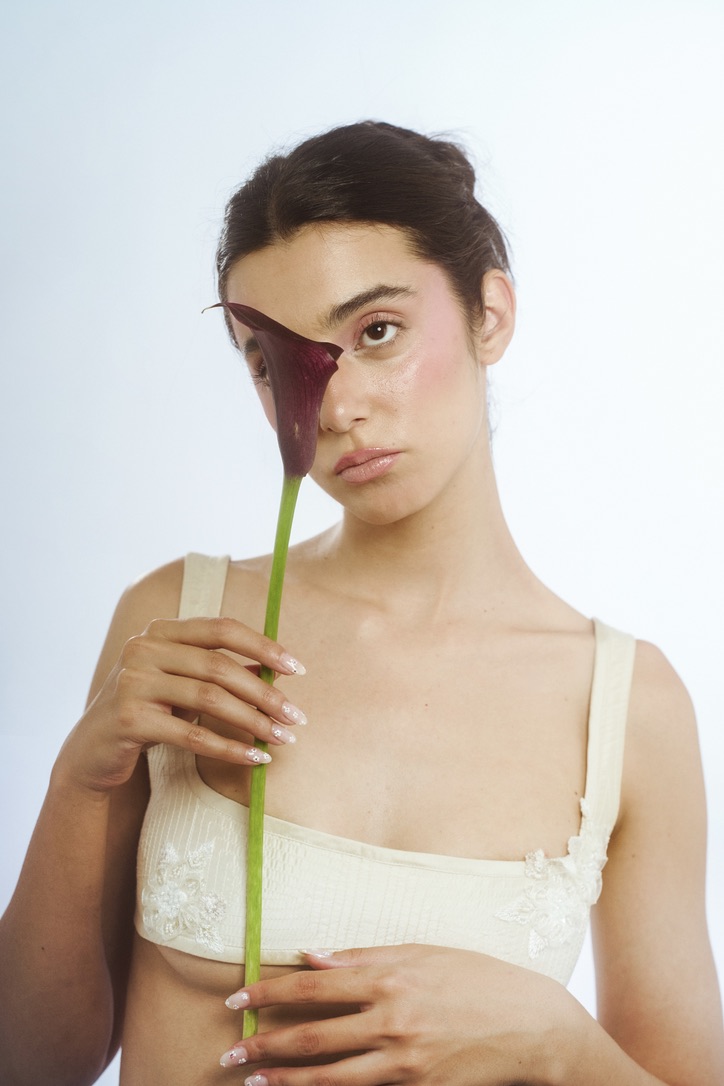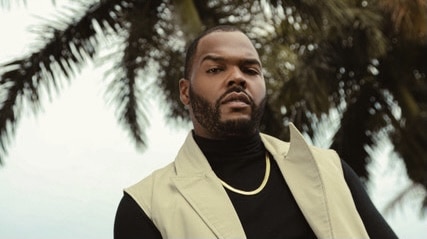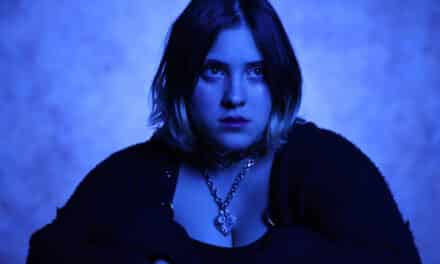Some songs don’t just tell a story — they remember one. On her new single “Man Ray” (out September 19), Zimbabwean-born, London-based artist Ananya crafts a shimmering indie-pop confessional that feels both euphoric and haunted, a love letter to moments that fade but never really disappear.
“Man Ray is about remembering the little details,” Ananya shares. “The highs and the lows, the fleeting magic you can’t quite hold onto. It’s about love that was imperfect but real, and the way certain connections keep pulling at you, even when you’ve walked away.”
That delicate tension — between nostalgia and closure, between heartbreak and wonder — defines Ananya’s most intimate work to date. Swirling atmospheric synths, cinematic beats, and vivid lyrical snapshots converge to create a track that feels like a dream you can almost touch. There’s melancholy in its melody, but freedom in its acceptance — a balance that turns pain into poetry.
Following the success of her previous single “Falling” — praised by Earmilk, Ones To Watch, and CLOUT — “Man Ray” marks a new chapter for an artist who has found her voice in vulnerability. The song’s confessional tone and lush soundscape signal a deeper, more daring version of Ananya — one unafraid to linger in the spaces between joy and loss.
“Writing Man Ray felt really special,” she adds. “It was like finally sharing a confession that had been too long overdue.”
From her acclaimed debut EP i woke up one night (which surpassed 1M streams) to her growing global recognition across GQ South Africa, MTV, Wonderland, BBC, and iHeartRadio, Ananya continues to prove that pop music can be both intimate and infinite. Man Ray is a glowing testament to that duality — a song that aches, but still believes in beauty.
“Man Ray” feels like a cinematic memory — hazy, fleeting, and emotionally charged. What inspired you to frame love and loss through this kind of nostalgic lens?
I think nostalgia has a way of softening the blow, especially when it comes to love and loss. Man Ray came from revisiting a moment that felt so real yet incomplete. When writing this song, it was all about making it feel like “remembering” – blurry, patchful, imperfect and emotional. I wanted it to feel somewhat out of reach. I wanted it to honor something that once was, rather than miss it.
You’ve described the song as remembering the little details. What’s one “small moment” from your own life that shaped this track in a big way?
It’s often the smallest moments.. the ones you hardly notice until they’re gone that end up holding the most meaning. I think love can live in so many little parts, and they only reveal themselves once that love is gone. For example, a smell, a sound, a color.. things you don’t realize mattered until later on. I think details like that become evidence to your heart and feelings.


There’s a duality in the song — joy and heartbreak coexisting. Do you find yourself more drawn to the beauty of imperfection, or the ache of what couldn’t last?
There’s something captivating in imperfection, especially when it comes to love. The sting of something not lasting only highlights what was once there.. you can’t really separate the two. I think Man Ray isn’t about resentment, or even missing something.. it’s about recognizing that something can be both fleeting and meaningful at the same time.
You called “Man Ray” almost like a long-overdue confession. What did writing it allow you to finally let go of, or maybe finally admit?
As a songwriter, I’m really big on communication, so it’s always difficult for me to leave anything unsaid. In that way, writing ‘Man Ray’ felt like finally saying all the things I couldn’t at the time. I’ve learned to let go of the idea that closure has to come from another person.


Your Zimbabwean roots and London base bring different textures to your artistry. How do those two worlds collide in the way you write and perform music?
Home gives me a sense of warmth and grounding, while London brings pace and experimentation. I think those two worlds naturally balance each other, one keeps me connected to my roots, and the other pushes me to keep evolving creatively.
From i woke up one night to Falling and now Man Ray, there’s a noticeable confidence and expansion in your sound. What have you learned about yourself as an artist between those releases?
To trust my instincts more! I’ve become more confident in leaning into vulnerability and letting the emotion of a moment guide the music, rather than trying to control everything.
“Man Ray” is cinematic in scope, from its atmospheric synths to its bold beats. Do you think of your songs as films in sound, and if so, what kind of “movie” is this one?
Of course! Think this would def be a romantic drama (what else?!) While having its romantic beats it’d also be reflective and a little melancholic
You’ve been praised by outlets from Wonderland to GQ South Africa to MTV. How do you keep external hype from overshadowing the deeply personal core of your music?
I’m always reminding myself why I make music in the first place. It’s always been about expressing emotions and creating connection, about being what music has been to me in my own life. The recognition is wonderful, and I’m always so grateful. I try to keep the core of my work about honesty. As long as that stays at the centre, the hype feels exciting rather than distracting.
Nostalgia is central to this track. Do you see nostalgia as something that heals, or as something that haunts?
Both! Memories can be comforting and painful at the same time , its more about allowing the feeling to exist rather than force it one way or another.
With a new EP on the horizon for 2026, what pieces of yourself are you ready to reveal next that you haven’t yet shared with listeners?
I hope the next EP will reveal parts of myself that are quieter, more introspective, and a little more unguarded than before.





